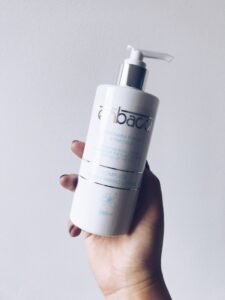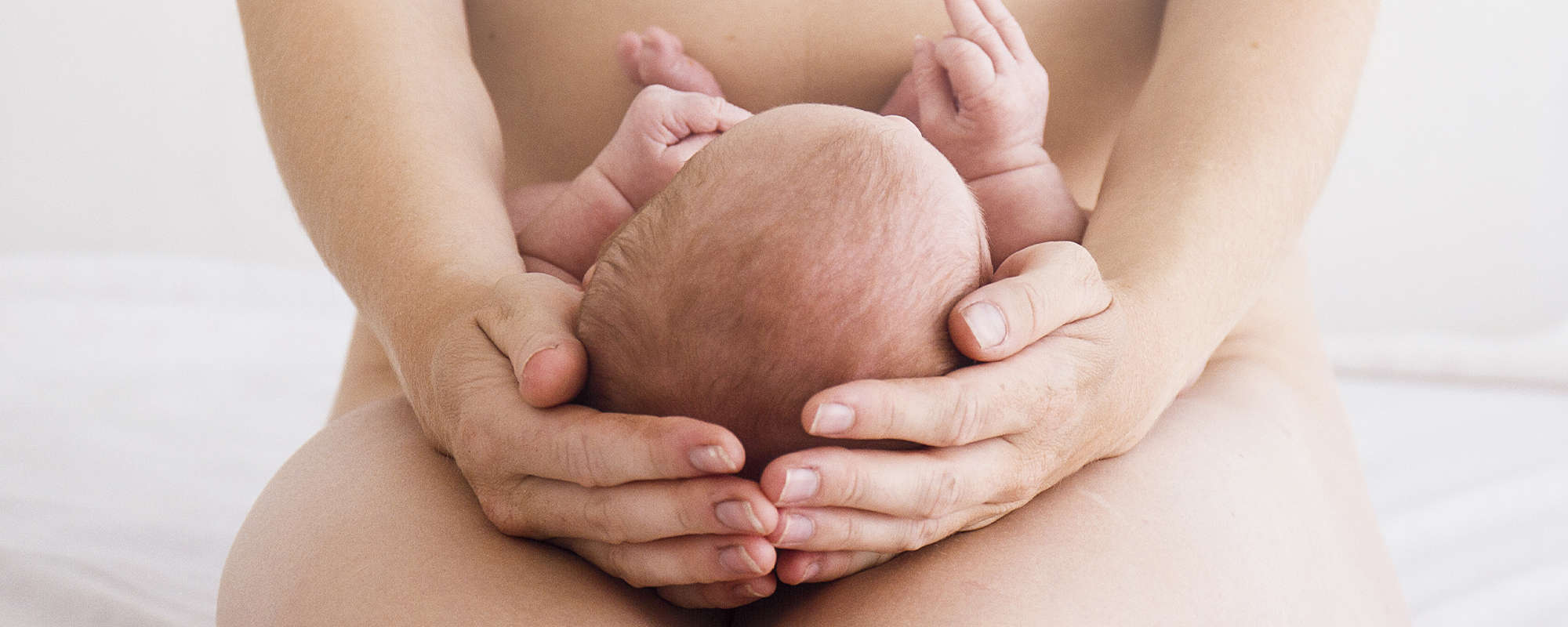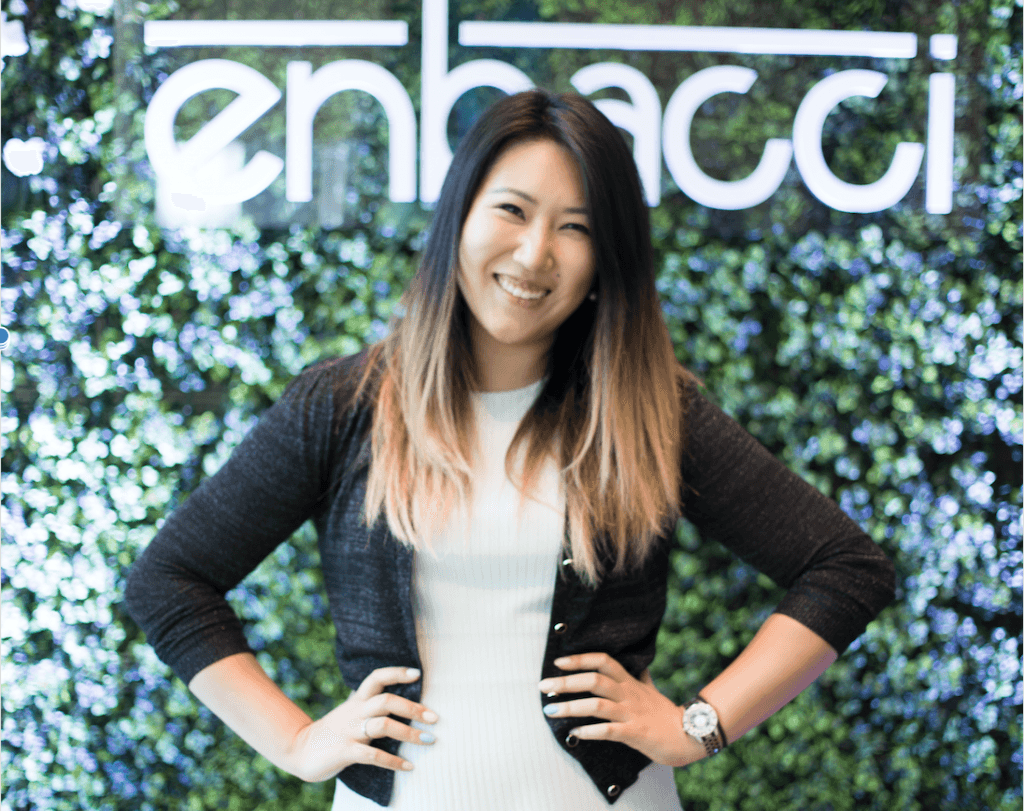Having a family was something I always knew I would someday want. It was not a decision I thought I needed to make at 23 years of age. In addition to the symptoms of irritable bowel, fatigue, unbalanced hormones, pain and excessive bleeding one experiences with endometriosis, the possibility of infertility was my reality.
In late 2017, I underwent my second laparoscopy (investigative surgery). Despite several routine internal ultrasounds over a period of four years, nothing had picked up the endometriosis that had taken up permanent residence in my uterus. I still remember sitting in the post-operating recovery room, where nurses were struggling to help me manage the pain and discomfort, when my gynaecologist/surgeon told me that if I saw children in my future, I needed to actively start trying within the next year. In my heavily medicated state and with tears forming at the edges of my eyes, I asked whether I could wait another three years. She told me not to risk it.
As soon as I found out I was pregnant, I was in love. I fell deeply in love not only with the baby growing in my womb, but also with my pregnancy body. Pregnancy made me feel like my body was finally doing something right. Having suffered with endometriosis and adenomyosis for most of my life, I was used to being bloated and feeling heavy, but now, my belly was growing for all the right reasons. Unfortunately, those feelings quickly left once I gave birth and an urge to “bounce back” filled me.
My solution to this was to return to exercise. I thought I was doing it right by seeing my physiotherapist and working with a personal trainer to rehabilitate the diastasis recti before embarking on more intense workouts. I believed that through exercise, I was going to get my pre-baby body back. But when the stretch marks refused to fade away, my tummy still sagging and my ribs flared (all evidence of a past pregnancy), I realised that this was my body. My new body. No amount of exercise could “fix” these imperfections and for a moment, I was fearful. I feared the scrutiny of my imperfect body and people judging my character as lazy or not hard working enough to get back to what I was.
Nonetheless, this was my reality and to embrace this reality, I needed to address my relationship with exercise. The goal of exercising shouldn’t be to change our body image, it should be about feeling healthy and moving. So that has been my focus for the past year. Bye-bye scales and hello healthy exercising habits. I like to use the Chloe Ting workouts (free via her website chloeting.com and YouTube) or just going for a run.

Enbacci Complete Firming Body Lotion
Body appreciation practice is something I have recently started to incorporate into my daily schedule. One of the ways I tried to bond with my baby whilst he was in utero was to sing a lullaby while massaging Enbacci’s Complete Body Firming Lotion into my skin, focusing particularly on the belly. Aside from keeping your skin hydrated and nourished, this process also made me grow an appreciation for my body, but we often overlook little powerful rituals like these when we are no longer pregnant. So, I have continued this ritual (without the baby in utero), acknowledging my body for what it was, what it is and what it has experienced and endured for us to be where we are right now in life.
The simplest and most powerful experience which reinforces my body acceptance journey is when my son comes up to me, grabs my face and says “Mama pretty” (he’s only just learning to string sentences together, so we can excuse the missing verb). With just two words, all the insecurities surrounding my physical appearance disappear. It only takes two words. Two words to let you know that you are unconditionally loved. To your little one, you are their whole world. Beauty is shown through love and affection and that is what children see. You are pretty, you are loved and you are enough.
I believe that being conscious of the way we use language with each other and in the media is a big stepping-stone in this movement towards body positivity. It is culturally ingrained in us to congratulate and celebrate people for losing weight. However, this has inadvertently fuelled a false perception that women must ‘bounce back’ after pregnancy. They must uphold society’s expectation that weight loss should be an intrinsic goal of the post-partum journey, with barely a mention of what it means or looks like to be healthy Mum. Whilst social media could be blamed for perpetuating this culture, these same platforms have also proven to be a powerful tool for people to share their experiences and re-colour the image of post-partum life, allowing women to celebrate their perfectly non-perfect bodies.
Life is a journey and change is inevitable. Acknowledging, accepting and appreciating these changes as part of our own individual journey is the only way we can reimagine what a healthy body (and mind) should look like. Your happiness should not be determined by society’s expectations of body image, but by the love you have for your own body.





